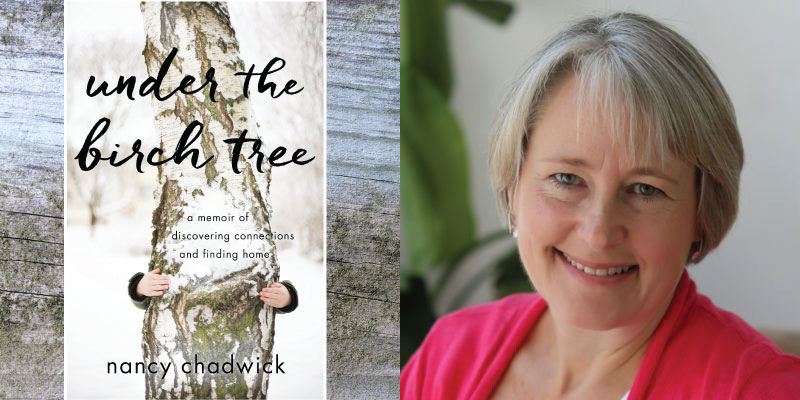Here is one of the latest titles I've recently had the pleasure to review, I enjoyed this read and highly recommend it to anyone 50+
 Over-Sixty: Shades of Gray: A Journey Through Life's Later Years by Barbara Paskoff
Over-Sixty: Shades of Gray: A Journey Through Life's Later Years by Barbara PaskoffMy rating: 4 of 5 stars
Here is a contemporary, uplifting look into the years of living sixty and beyond. Delivered with much-needed humor to lighten the load, the reader is successfully transported through the realities of getting older and how to best approach, and cope with, these changes when they arise.
This comprehensive overview will open your mind to matters you may not have already encountered or thought of and where health is placed at the forefront, providing a snapshot into some of life’s more serious challenges we might unluckily be faced with at some time or another. But don’t feel completely disheartened, for it’s not all doom and gloom as you might expect. Yes, health plays a major role in ageing, we all know that, but what about the positive up-side to getting older? And, yes, there seems there is an up-side. Retirement frees oneself up. So what about all that spare time on your hands; what will you do with that now? And how about the finances? Are they all in check? These are the type of questions that will get you thinking and where basic know-how is offered to provide some invaluable forethought. And then there’s the fun part of pre-planning one’s funeral that you might not have already thought about, where author Barbara Paskoff has it all worked out: “I’m making a guest list. If your name isn’t on it, it means I wouldn’t be caught dead with you.”
While each topic lends itself almost as a personal essay through the author’s own experiences, the messages conveyed remain effective, providing enough of an overview for the reader to make their own informed decisions and draw on their own conclusions, supported with both summaries and professional resources neatly tying up each chapter end.
I read through this book with the greatest of interest, particularly because I’m not yet sixty and, with saying that, I believe this book is not just precise for readers of that age group, nor is it gender specific; however, I did find that the book tends to lean a little more towards female interest than male. In fact, readers in their fifties (like myself) would find this book with true appreciation, providing a much-needed and important early insight, where time is the essence and pre-knowledge could hold the key before things sneak-up announced, which might, in fact, give a greater opportunity to overcome or avoid some obstacles otherwise left too late.
This a straight-forward, positive, go-to-guide that offers pre-planning and foresight on entering and living through our later years of life that will become a great resource for reference.
View all my reviews








/young-beautiful-woman-waiting-for-phone-call-176625373-5725757c3df78ced1f0cec77.jpg)
/GettyImages-500816693-5759ff195f9b5892e88f4bc3.jpg)
/cheerful-high-school-student-using-laptop-for-making-homeworks-518954186-572576b13df78ced1f0eaa0c.jpg)
/GettyImages-479977833-5759ff583df78c9b4643d93b.jpg)
/GettyImages-457207765-5759ff9c5f9b5892e89014fa.jpg)
/GettyImages-555798991-5759ffd43df78c9b46449723.jpg)